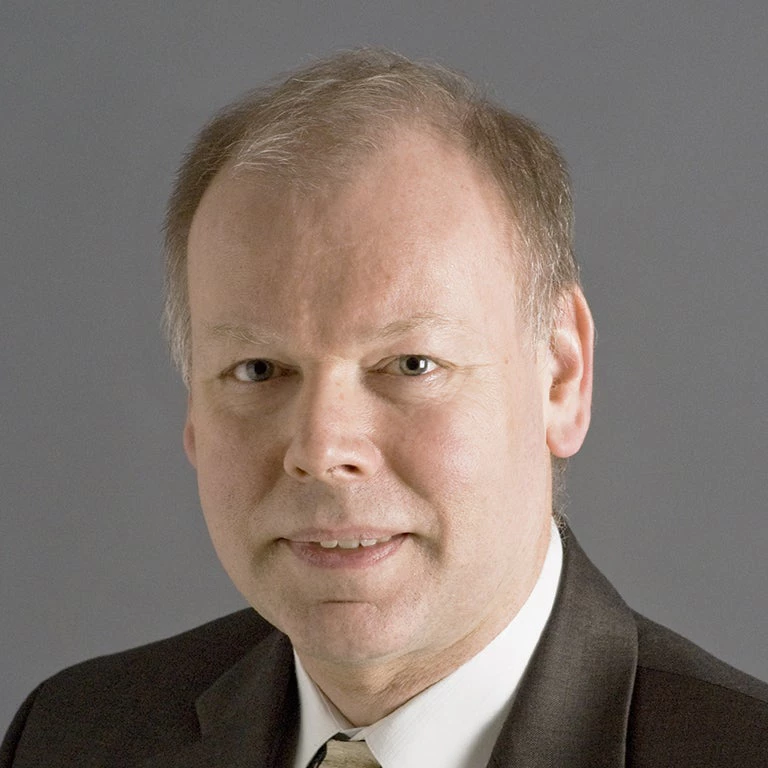Last week I attended the Gaidar Forum in Moscow. Yegor Gaidar was an economist who became the architect of the Russian market economy as deputy prime minister of the Russian Federation in 1992. Like Leszek Balcerowitz in Poland and Vaclav Klaus in Czechoslovakia, Gaidar was a pioneer of the shock therapy: rapid liberalization of prices; opening up of borders to allow free international trade; and privatization of capital. Gaidar died in 2009 at an age of 53. In his memory the Gaidar Forum was organized for the first time in 2010. This was the fifth time the Russian Presidential Academy of National Economy and Public Administration organized this annual conference that brings together ministers, academics, and business people.
Given the strong connotation between Gaidar and shock therapy it was remarkable that the theme of this year’s conference was sustainable development. Doesn’t one associate shock therapy with short term and instability; and sustainable development with long term and stability? And indeed, Vaclav Klaus, who also spoke at the conference, wanted to stay far away from sustainable development. In his libertarian way he saw all advocacies for sustainable development as conspiracies and infringements on liberty and free markets. Ironically, he spoke right before Rachel Kyle, responsible in the World Bank for sustainable development, who patiently explained the role of markets in the efficient use of natural resources, taking into account all externalities.
And indeed, in the efficient use of resources lies the link between shock therapy and sustainable development. The shock therapy tried to reduce waste of capital and labor, and make products available for consumers. Sustainable development tries to reduce waste of natural resources and make products available for future generations. In the short run, the shock therapy led to rising prices and unemployment, but ultimately it was intended to lead to more prosperity. Similarly, increasing the price of natural resources to achieve sustainable development can lead to reduced production in the short run, but it is intended to increase efficiency and innovation in the long run.
Jeffrey Sachs, another participant at the conference, personifies the link between shock therapy and sustainable development. He advocated shock therapy, which he saw as a crisis response, in Poland and Russia during the early 1990s. Now he is director of the Earth Institute at Columbia University, promoting sustainable development.
In my session we discussed the world economy in the aftermath of the global financial crisis. With some imagination you can see a parallel between on the one hand the transition from macroeconomic crisis response to structural policies (Prime Minister Medvedev called it appropriately at the conference the required shift from demand policies to supply-side policies) and on the other hand the transition from shock therapy to sustainable development. The crisis response in 2008 was meant to halt the collapse of the global economy. The structural policies are needed now to get the global economy growing again. Different circumstances require different policies, but what links them is a common goal: providing prosperity for all by limiting waste and eliciting innovation.


Join the Conversation